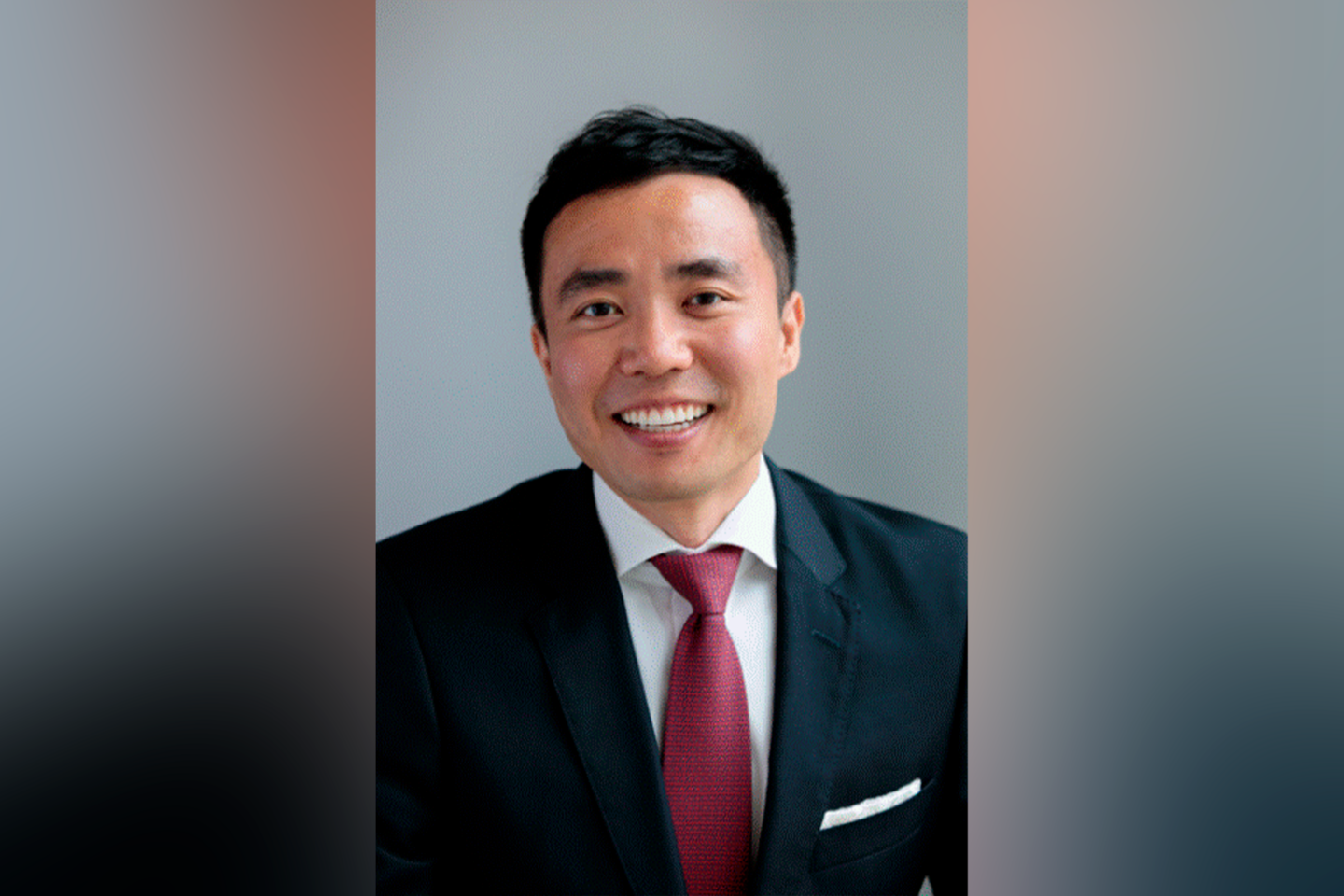
Events

Seminar @ Cornell Tech: Will Cong
Building AI Models for Finance
In this talk, Lin William Cong, Associate Professor of Finance at the Johnson Graduate School of Management at Cornell University, will describe how recent developments in AI and their core theme — data-driven, goal-oriented search in enlarged modeling spaces — can be effectively applied to answer important questions in finance, provided we incorporate relevant domain knowledge.
As an example, we can directly optimize arbitrary objectives of portfolio management via Transformer-based multi-sequence reinforcement learning — an alternative framework to conventional supervised-learning-based-two-step paradigms — to allow investment interactions with the market states and training without labels. The resulting AlphaPortfolio model, as the first “large” AI model in finance, yields superior out-of-sample performances that are robust under various market conditions and economic restrictions.
We further combine this reinforcement-learning framework with robust control to develop a new approach to corporate finance, treating managerial decision-making as a high-dimensional stochastic control problem with an unknown market environment, non-linear impact, and dynamic feedback. Our AlphaManager framework entails a high-fidelity “world model” of the corporate environment through supervised deep learning trained on standard financial data. The module incorporates known stylized facts and results from reduced-form models and structural estimations and generates more effective predictions and explanations of firm outcomes. We then apply model-based deep reinforcement learning to derive the optimal managerial policy for any given objective, demonstrating significant room for improvement in modern enterprise decisions. Our ambiguity-guided approach also allows us to distinguish scenarios where theory and causal identifications are crucial from situations where predictive models trained on historical observations suffice and to think about how to optimize the source of transfer learning.
Time permitting, Cong will touch on Panel Trees, a new class of models we develop that offer an equally “intelligent,” less computationally demanding, and yet more interpretable way of searching (in large modeling spaces) for the optimal solutions to economic questions such as test asset generation, pricing individual stock returns, estimating heterogeneous factor models, and differentiating return predictability across assets and macroeconomic regimes. Designing tree-based models to accommodate the rich information from panel data and guiding the training with global economic criteria (instead of local statistical criteria), our approach can be applied more broadly to goal-oriented clustering and data-driven analysis of grouped heterogeneity.
Related papers links:
- Goal-Oriented Portfolio Management Through Transformer-Based Reinforcement learning
- AlphaManager: A Data-Driven-Robust-Control Approach to Corporate Finance
- Growing the Efficient Frontier on Panel Trees
- Sparse Modeling Under Grouped Heterogeneity with an Application to Asset Pricing
- Mosaics of Predictability
Speaker Bio
Lin William Cong is the Rudd Family Professor of Management and a tenured Professor of Finance at the Johnson Graduate School of Management at Cornell University, where he is the founding faculty director for the FinTech Initiative and the founder of the Digital Economy and Financial Technology Lab. He is also an Editor at the Management Science, an associate editor for multiple leading academic and practitioner journals, a Research Associate at the National Bureau of Economic Research, a senior fellow and founding track director at the Asian Bureau of Finance and Economic Research, a faculty scientist at the Initiative for Cryptocurrencies & Contracts, the lead founder of multiple international research forums, and formerly a Kauffman Foundation Junior Faculty Fellow, a Poets & Quants World Best Business School Professor, a 2022 Top 10 Quant Professor, a finance professor and Ph.D. advisor at the University of Chicago Booth School of Business, George Shultz Scholar at the Stanford Institute for Economic Policy Research, and a doctoral fellow at the Stanford Institute for Innovation in Developing Economies.
Professor Cong’s research spans financial economics, information economics, FinTech, digital economy, and entrepreneurship and has been featured in Bloomberg, BNN Bloomberg, CNN, the Economist, Washington Post, etc. He and his co-authors have pioneered the introduction of goal-oriented search and interpretable AI for finance, laid the foundations of tokenomics (categorization of tokens, cryptocurrency pricing, central bank digital currencies/payment systems, optimal token monetary policy design, etc.), analyzed centralization issues and dynamic incentives in blockchains and DeFi, and developed data analytics for detecting market manipulation and better FinTech regulation, among others. His team has recently focused on the economics, applications, and implications of AI. He has won numerous paper prizes and research grants, including the Best Paper Prize at Management Science, and was recently named the UBRI Educator and INFORMS DEI Ambassador of the Year. His work has been cited about 5,500 times in the past five years, and he is the most cited theorist among all finance theory group members who graduated in the past 15 years, in addition to being one most published and cited FinTech researchers.
He has advised leading investment and FinTech firms, including Ansatz Capital, Ava Labs, Blackrock, Citi, Chainlink, DataYes, and Modular Asset Management. He has also been invited to consult for or advise government and regulatory agencies such as the Asset Management Association of China, the Bank of Canada, the Department of Justice, the Department of the Treasury, the FBI, the New York State Department of Financial Services, the New York State Office of Attorney General, and the U.S. Securities and Exchange Commission. He is also a highly sought-after keynote speaker at various international conferences and forums, having spoken and taught at hundreds of world-renowned universities, venture funds, investment and trading shops, and government agencies such as Alibaba, IMF, the Monetary Authority of Singapore, and federal reserve banks.
Prof. Cong received his Ph.D. in Finance and MS in Statistics from Stanford University, A.M. in Physics jointly with an A.B. in Math and Physics, a minor in Economics, and a language certificate in French from Harvard University.